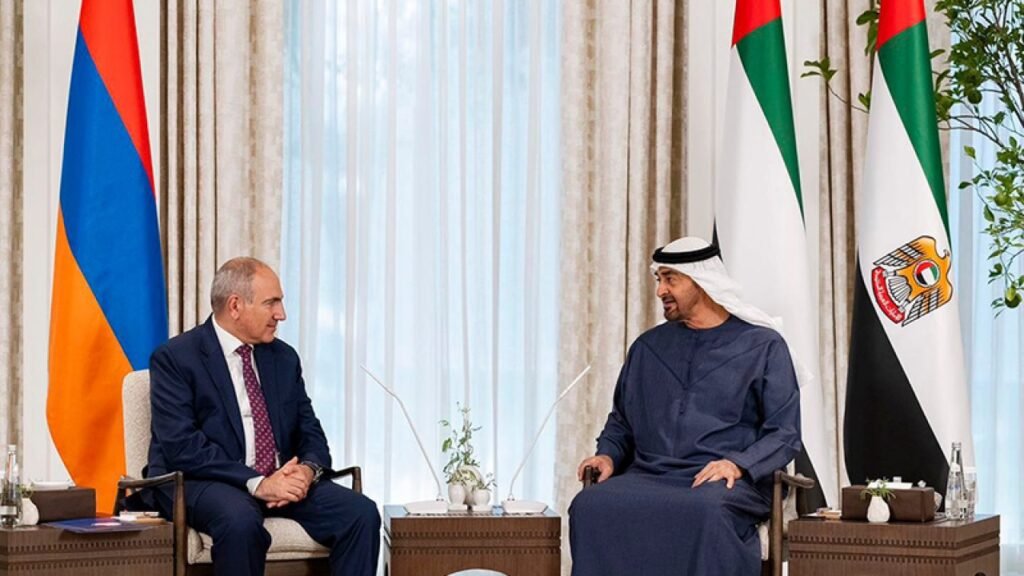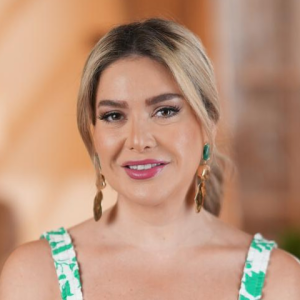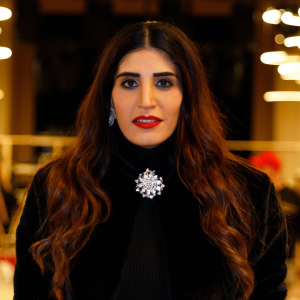In a historic move toward regional stability, the leaders of Azerbaijan and Armenia met in Abu Dhabi, UAE, for crucial peace talks hosted by UAE President Sheikh Mohamed bin Zayed Al Nahyan. The UAE peace talks mark a significant step forward in resolving one of the most enduring and painful conflicts in the South Caucasus region.
The discussions, held under the warm and welcoming environment of the UAE capital, highlighted the country’s rising role as a mediator and promoter of global peace. As tensions between Azerbaijan and Armenia have persisted for decades, this meeting offers a new ray of hope not only for both countries but also for the wider international community.
A Long-Standing Conflict: Historical Context
The conflict between Azerbaijan and Armenia mainly centers around the Nagorno-Karabakh region, a mountainous area internationally recognized as part of Azerbaijan but populated largely by ethnic Armenians. The dispute led to a full-scale war in the early 1990s after the collapse of the Soviet Union. A fragile ceasefire was established in 1994, but violence has repeatedly flared since then, most notably in 2020.

Thousands have died, and countless families have been displaced on both sides over the years. Despite various attempts at negotiations, including mediation efforts by Russia, the United States, and European countries, a permanent peace deal has remained elusive.
Why the UAE?
The UAE has increasingly positioned itself as a neutral ground for global peace negotiations. Over the last decade, the nation has hosted numerous diplomatic meetings, fostering dialogue between rival states and promoting regional cooperation. The UAE peace talks between Azerbaijan and Armenia reflect this commitment and highlight the UAE’s image as a trusted and balanced mediator.

Sheikh Mohamed bin Zayed’s diplomatic strategy focuses on building bridges rather than walls. His leadership has been marked by initiatives to promote tolerance, coexistence, and peaceful conflict resolution. This approach resonates deeply in a region often characterized by divisions and hostilities.
The Leaders: Who Met in Abu Dhabi?
- Ilham Aliyev, the President of Azerbaijan, has led his country since 2003. Under his leadership, Azerbaijan has aimed to strengthen its position both regionally and globally, especially after the 2020 Nagorno-Karabakh war.
- Nikol Pashinyan, Armenia’s Prime Minister since 2018, came to power on the promise of reform and peace. However, the aftermath of the 2020 conflict and internal political challenges have made his leadership a difficult balancing act.
- Sheikh Mohamed bin Zayed Al Nahyan, the President of the UAE and Ruler of Abu Dhabi, played the role of host and mediator. His involvement underscores the UAE’s dedication to international peace-building efforts.
The UAE peace talks brought these leaders together for open, direct conversations, away from the pressures of their respective capitals.

The Key Topics Discussed
During the Abu Dhabi meeting, several important issues were addressed:
Ceasefire Agreement
A central part of the discussions focused on strengthening the existing ceasefire. Both leaders acknowledged that while violence has significantly decreased, sporadic clashes still threaten stability. They agreed to reinforce the ceasefire mechanisms, increase communication between military officials, and establish clearer protocols to avoid misunderstandings.
Return of Displaced People
The leaders also discussed the safe and dignified return of displaced people. Thousands of ethnic Armenians and Azerbaijanis have been uprooted from their homes over decades of conflict. Both sides recognized the humanitarian importance of enabling people to return to their ancestral lands, rebuild their communities, and restore cultural heritage.
Demarcation of Borders
Another sensitive topic was the demarcation of the Armenia-Azerbaijan border. This issue remains unresolved and has led to frequent tensions and incidents. The talks in Abu Dhabi aimed at creating a joint technical commission to work on clearly defining the borders under international guidance.
Opening Transport Links
One promising area of progress was the agreement to work towards reopening regional transport and trade routes. Such connectivity would not only benefit both countries economically but also promote people-to-people exchanges, which can help build trust over time.
Confidence-Building Measures
To maintain momentum, both sides agreed to implement confidence-building measures, including prisoner exchanges, joint cultural projects, and cooperation in environmental and economic fields. These initiatives aim to humanize the conflict and encourage reconciliation at the grassroots level.
UAE’s Role as a Peace Broker
The UAE peace talks demonstrated Abu Dhabi’s growing influence as a diplomatic hub. In recent years, the UAE has played key roles in mediating conflicts and supporting peace agreements worldwide, including in Sudan, Ethiopia, and Yemen.
The UAE’s success as a peace broker is attributed to:
- Neutral foreign policy: The UAE maintains friendly relations with most countries and does not take sides in regional conflicts unnecessarily.
- Economic strength: The UAE can provide economic incentives and development support, which can motivate conflicting parties to come to the table.
- Strong leadership: Sheikh Mohamed bin Zayed’s reputation for pragmatism and compassion adds credibility to the UAE’s peace efforts.
Global Reactions to the UAE Peace Talks
The international community has largely welcomed the UAE peace talks between Azerbaijan and Armenia. Many global powers, including the United States, the European Union, and Russia, issued statements supporting the discussions and encouraging further dialogue.
The United Nations Secretary-General praised the UAE for providing a platform for dialogue and urged both nations to continue negotiations in good faith. Regional organizations such as the Organization of Islamic Cooperation (OIC) and the Eurasian Economic Union also expressed optimism about the outcomes.
Challenges Ahead
While the UAE peace talks mark an important breakthrough, achieving a lasting peace will not be easy. Deep-rooted mistrust, nationalist sentiments, and the influence of external actors can hinder progress.
Many citizens on both sides carry emotional wounds from decades of violence and displacement. Rebuilding trust will require time, patience, and sustained efforts at both the leadership and community levels.
Moreover, spoilers—groups or individuals who benefit from ongoing tensions—may attempt to derail the peace process through provocations or misinformation campaigns. Addressing these challenges requires transparent communication and continued international support.
The Human Side: Stories of Hope
Beyond diplomatic statements and agreements, the UAE peace talks have brought a sense of hope to ordinary people affected by the conflict.
In Ganja, Azerbaijan, a young man named Orkhan expressed optimism for the first time in years. His family was displaced during the early 1990s and has been waiting to return home ever since. “Maybe now we can finally see our village again,” he said.
In Yerevan, Armenia, Anahit, a mother of two, shared her cautious hope: “We just want our children to grow up without fear of sirens and bomb shelters. I pray this meeting means something real.”
Such stories remind us that beyond politics, it is human lives that hang in the balance.

UAE’s Vision for Regional Stability
The UAE peace talks also reflect the Emirates’ broader vision for regional stability and development. The UAE believes that economic prosperity and peace go hand in hand. By promoting peace, the UAE aims to create an environment where trade, tourism, education, and cultural exchanges can thrive.
Abu Dhabi’s leadership has repeatedly emphasized that conflicts only drain resources and create barriers to progress. Hosting the Azerbaijan-Armenia meeting is another example of this forward-looking strategy.
Future Steps After the UAE Peace Talks
The leaders agreed to hold follow-up meetings in the coming months, possibly in the UAE or other neutral locations. They also planned to set up working groups focused on technical and humanitarian issues.
Observers expect that if tangible progress is made, it could inspire similar initiatives in other conflict zones around the world. The UAE may emerge as a preferred venue for peace negotiations in the Middle East and beyond.
Additionally, there are discussions about inviting representatives from civil society organizations, religious leaders, and youth groups to future meetings. Including diverse voices could help make the peace process more inclusive and resilient.
Conclusion: A New Chapter?
The UAE peace talks between Azerbaijan and Armenia mark a significant milestone in a conflict that has brought so much pain and loss. While there is still a long way to go, the meeting in Abu Dhabi offers a rare and valuable opportunity to change the course of history.
Under the watchful guidance of Sheikh Mohamed bin Zayed and the warm hospitality of the UAE, these talks have rekindled hopes for a peaceful, prosperous future for both nations.
The world will be watching closely as the next chapters unfold. If successful, the UAE peace talks might be remembered as the first step toward lasting peace in the South Caucasus, proving once again that dialogue, when held in good faith and in the right environment, can overcome even the deepest divisions.
Follow us on Instagram: UAE STORIES
Read More: Sharjah natural gas network: Sharjah completes natural gas network in Umm Fannain












